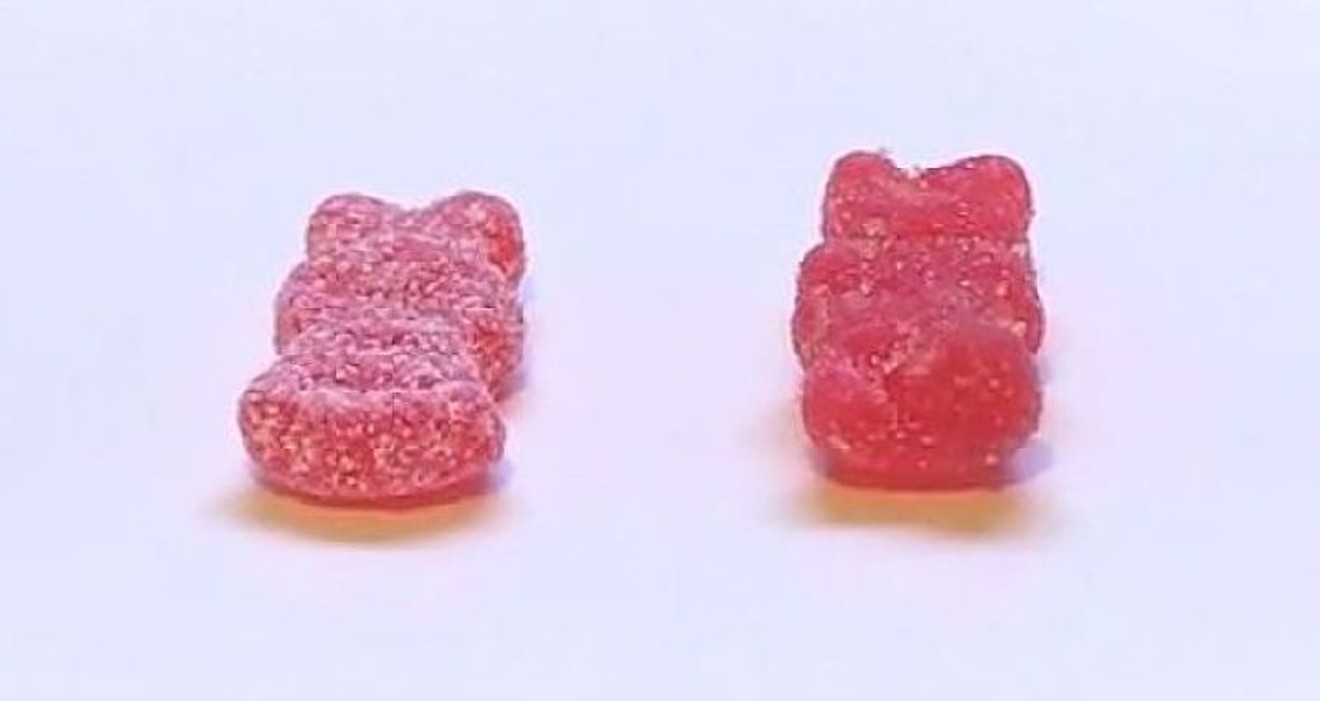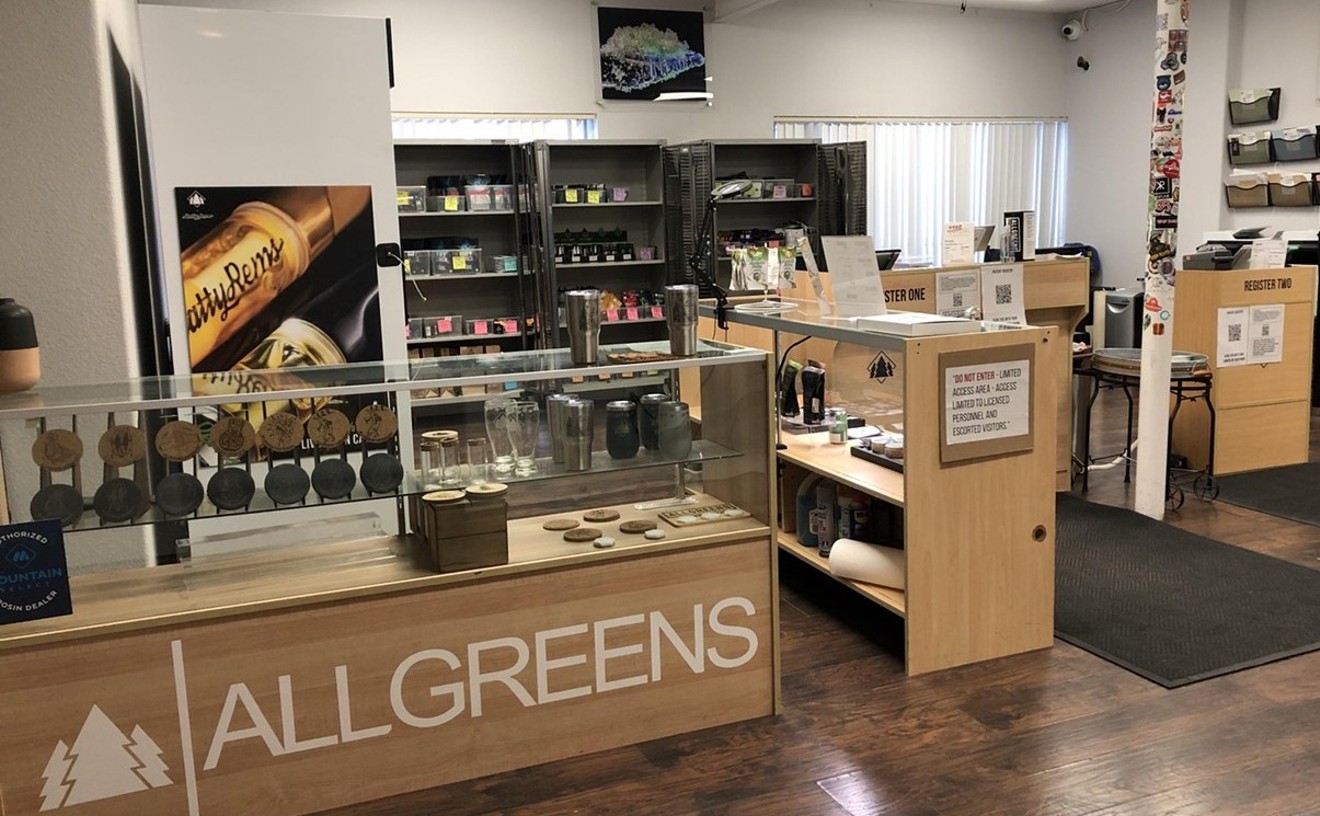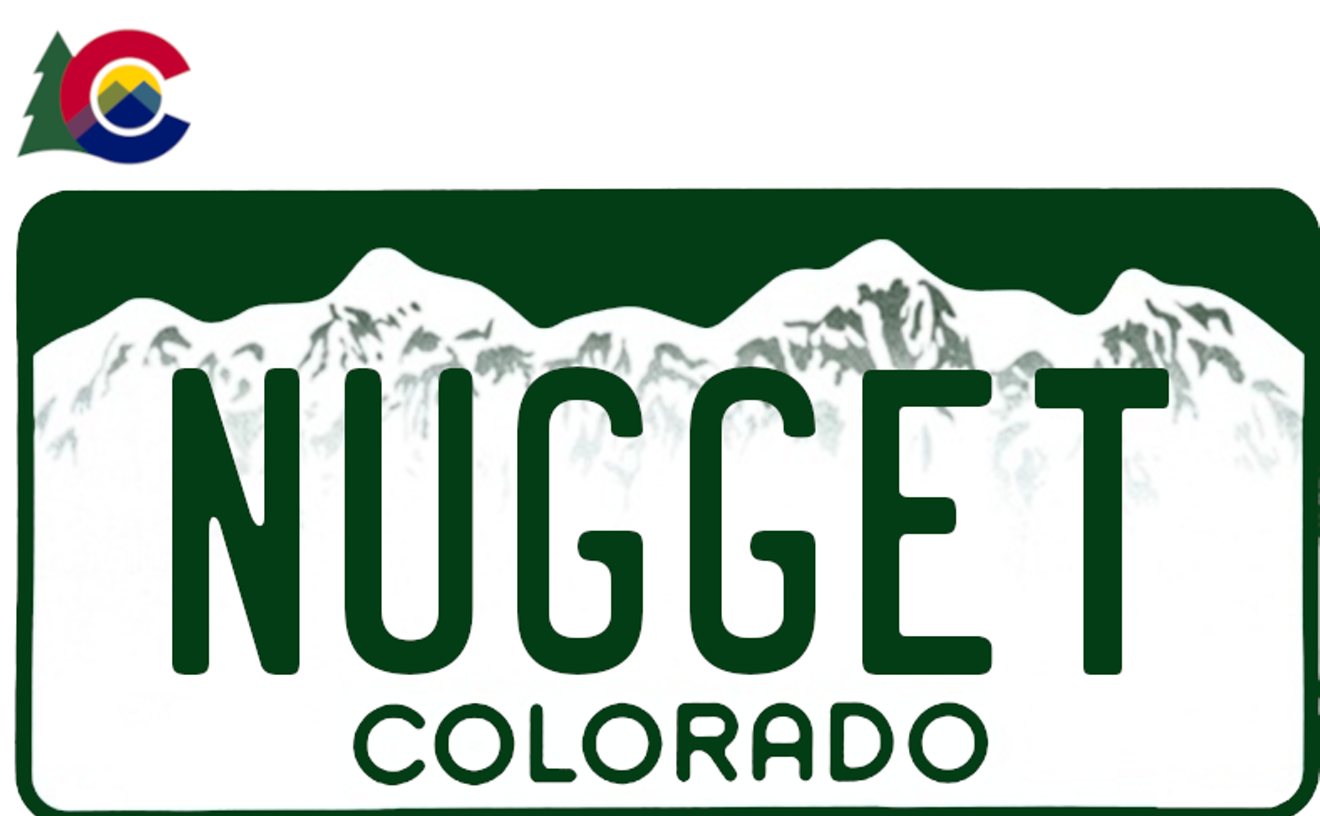What do the Marijuana Enforcement Division and Trix cereal have in common? More than you might think. In 2007, Trix shocked the world when the fruit-shaped corn pieces were replaced with generic round puffs. Ten years later, the MED wants the cannabis industry to go just as generic.
Looks like these tricks aren't for kids.
Starting October 1, the MED will prohibit the production or sale of edibles in the shape of a human, animal or fruit for medical and retail marijuana-infused product manufacturers and dispensaries. The move is a result of HB 1436, a bill passed in April 2016 that aimed to ban THC-infused lemon drops, gummy bears and other edibles that might attract children.
Accidental ingestion of edibles was a big concern for lawmakers in 2014 and 2015, shortly after retail cannabis products hit the market in Colorado. According to the Rocky Mountain Poison and Drug Center, it saw 151 calls related to marijuana in 2014, up from 88 in 2013. However, that rise drastically tapered off in 2015, and actually decreased in 2016.
Production changes in the edibles industry have become relatively common since 2014, the first year recreational marijuana could be sold in Colorado. In 2015, a 100-milligram limit of THC was placed on all retail edibles, which also had to be packaged in ten-milligram serving sizes. In 2016, a requirement was added that all edibles had to be stamped with a symbol reading "THC," to warn any unsuspecting consumers.
The current MED move comes right before Halloween, a holiday that annually invokes fears that edibles will be slipped into the trick-or-treat bags of children. However, there were zero reported incidents in Denver in 2014 and 2015, and not one Colorado agency issued a warning in 2016.
Edibles manufacturers have had more than a year to get ready for the shape change, so most of them aren't going to be surprised by the new rules. Brands such as Dixie Edibles, Cheeba Chews and Wana Brands all produce their products in nondescript squares and circular shapes.
If you know of any dispensaries still selling edibles in the soon-to-be banned shapes, it might be worth visiting them now. Per the new MED rules, dispensaries can't sell, transfer or even donate any of them after October 1, so keep an eye open for sales.
Also changing on October 1 are potency labeling requirements. The new rule states that all medical and retail marijuana products must label potency in a bold font at least ten points in size, and at least two points larger than the surrounding label text; it must also be enclosed within an outlined shape such as a circle or square, or highlighted with a bright color. However, dispensaries with products labeled under the old rules may continue to sell them to consumers until supplies are depleted.
[
{
"name": "Air - MediumRectangle - Inline Content - Mobile Display Size",
"component": "12017618",
"insertPoint": "2",
"requiredCountToDisplay": "2"
},{
"name": "Editor Picks",
"component": "17242653",
"insertPoint": "4",
"requiredCountToDisplay": "1"
},{
"name": "Inline Links",
"component": "18838239",
"insertPoint": "8th",
"startingPoint": 8,
"requiredCountToDisplay": "7",
"maxInsertions": 25
},{
"name": "Air - MediumRectangle - Combo - Inline Content",
"component": "17261320",
"insertPoint": "8th",
"startingPoint": 8,
"requiredCountToDisplay": "7",
"maxInsertions": 25
},{
"name": "Inline Links",
"component": "18838239",
"insertPoint": "8th",
"startingPoint": 12,
"requiredCountToDisplay": "11",
"maxInsertions": 25
},{
"name": "Air - Leaderboard Tower - Combo - Inline Content",
"component": "17261321",
"insertPoint": "8th",
"startingPoint": 12,
"requiredCountToDisplay": "11",
"maxInsertions": 25
}
]












